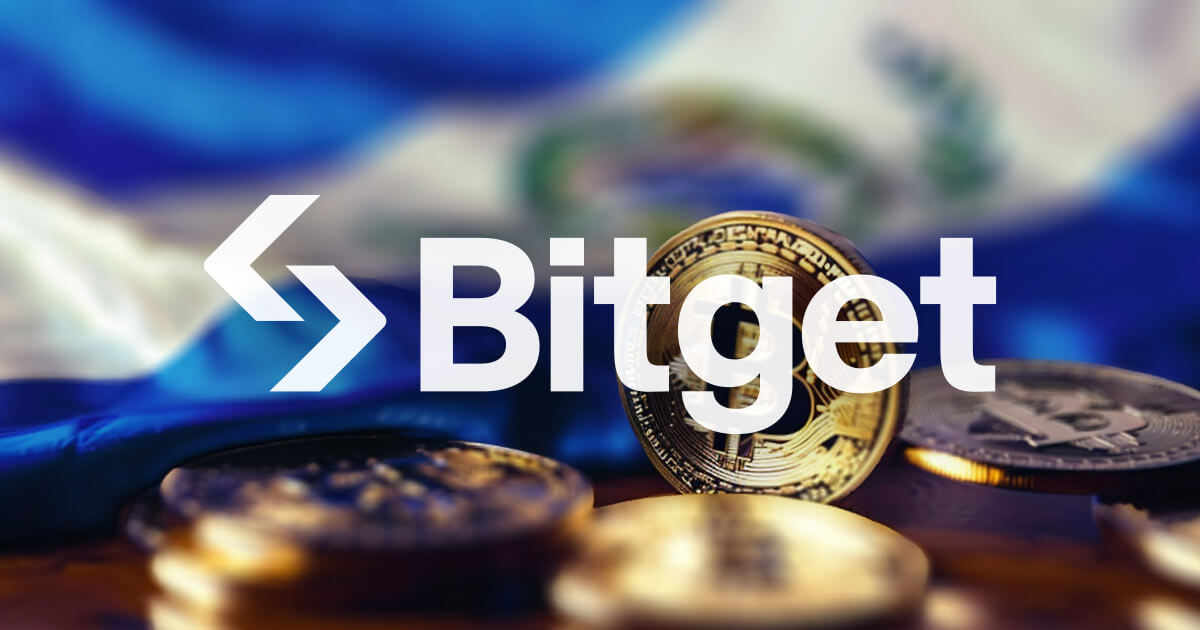The Central Bank of El Salvador officially granted Bitget A Bitcoin Service Provider (BSP) license, according to a Dec. 16 statement shared with CryptoSlate.
The move grants the exchange legal permission to facilitate bitcoin-related services in the country, including converting bitcoins into fiat currencies, processing bitcoin payments, and securely managing bitcoin custodianships.
Meanwhile, the company is also seeking a Digital Asset Service Provider (DASP) license from El Salvador's National Digital Assets Commission. Securing this license allows Bitget to expand its offerings and add services for other cryptocurrencies besides Bitcoin.
The company noted that El Salvador's pioneering stance on Bitcoin positions it as a strategic gateway for innovation in Latin America. To strengthen its presence in the region, Bitget plans to set up a local team in El Salvador.
The exchange added that it aims to increase user support in Latin America, a market with high potential for crypto adoption. Min Lin, Chief Business Officer at Bitget, said:
“As the world's interest in crypto grows, we see El Salvador as a gateway to unlocking crypto's potential, enabling financial inclusion and driving transformative change in real-world use cases.”
Bitcoin profits
The Bitget license comes as El Salvador celebrates its growing value Bitcoin Reserves
On December 16, President Viceroy of Bokele On social media platform X (formerly Twitter) revealed that El Salvador's Bitcoin holdings generated approximately $362 million in unrealized profits.
According to him postThe country has invested about $270 million, and its total bitcoin holdings — currently at 6,188 bitcoins — are now worth more than $632 million.
Despite these financial gains, El Salvador Bitcoin-centric approach Continues to draw Scrutiny by international institutions
Reports indicate that the country is negotiating 1.3 billion dollars in loans with the International Monetary Fund (IMF). As part of these discussions, the IMF may propose amending El Salvador's bitcoin law, which could change the regulatory landscape.





